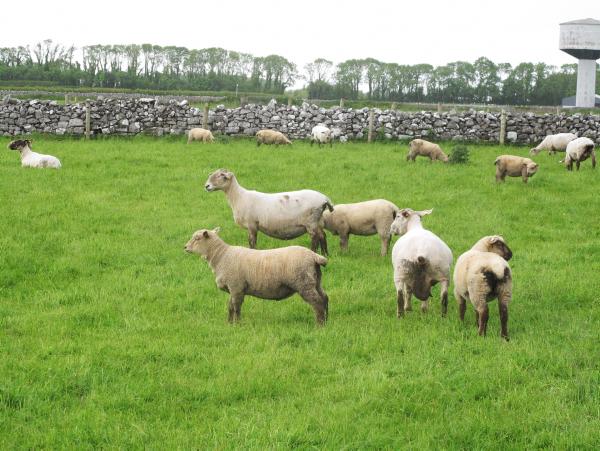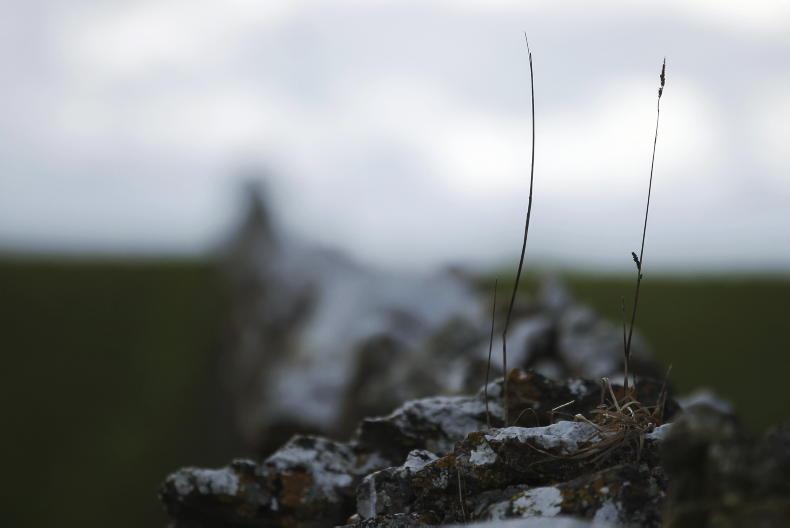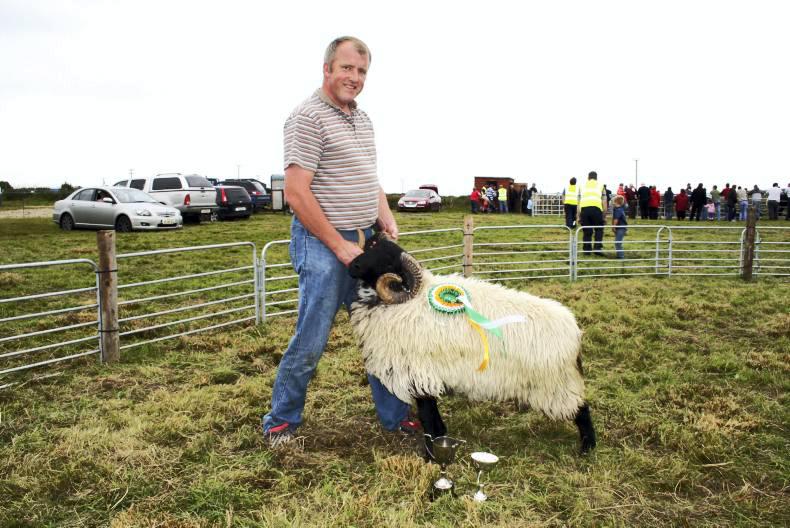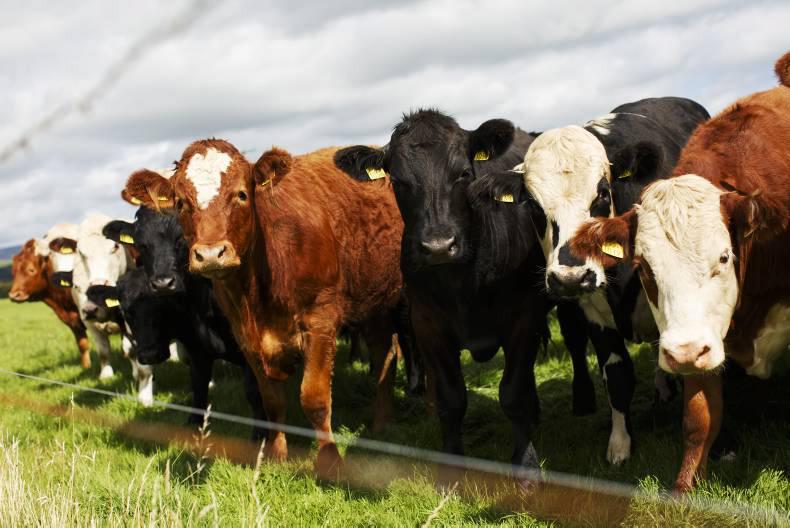Lowland sheep farmers expressed anger that they are “the forgotten farmers” under CAP reform. At a sheep meeting in Enniscorthy last week, farmers rejected the decision to incorporate the Sheep Grassland scheme into the Single Farm Payment and expressed fears that they would find access to the GLAS scheme difficult.
There are over 1,150 sheep flocks in Wexford, almost all of them lowland. Farmers came out in force to the meeting, organised predominantly to deal with a spate of dog attacks on sheep in the county in recent weeks (see page 38).
The second stage of the meeting saw IFA’s Kevin Kinsella present a comprehensive overview of the sheep sector, including the various policy options, and he invited opinion and comment from the floor relating to the needs of sheep farmers.
A key issue was the effective loss of the €15m Sheep Grassland payment. This is due to its incorporation into the new Basic Payment scheme under CAP reform.
An intensive farmer with a higher-than-average per hectare Single Farm Payment would see the money added next year, but mostly taken back over the next few years due to the flattening of payments.
Mountain farmers with very low per hectare current payments would also lose out, as their payments would have been brought up to the minimum 60% of the average payment by 2019 in any event, absorbing the sheep payment.
This was contrasted with the beef sector, where the Beef Genomics scheme will continue into the new CAP. The call was for a targeted sheep payment, prioritising improvement in the quality of our breeding flock.
There were also calls for lowland sheep farmers not to be forgotten within the GLAS scheme.
The ongoing dispute over the collective framework stipulation for commonage farmers has garnered a lot of attention, but lowland farmers feel that at least priority access is in place for commonage farmers. Lowland farmers do not have priority access.
It was pointed out that a tillage farmer doing eco-tillage would get priority access over a lowland sheep farmer. It was also said that many will find it difficult to build a decent GLAS payment as many measures are not easily applicable to lowland sheep farms.
Kevin Kinsella said the IFA would work to ensure that a considerable proportion of the 30,000 farmers due to enter GLAS in 2015 would come from the sheep sector.
All sheep farmers willing to meet the environmental requirements of the scheme must have access to GLAS. It is also important that there would be a meaningful TAMS for the sheep sector, well-funded and with a broad range of applicable equipment included, he added.









SHARING OPTIONS